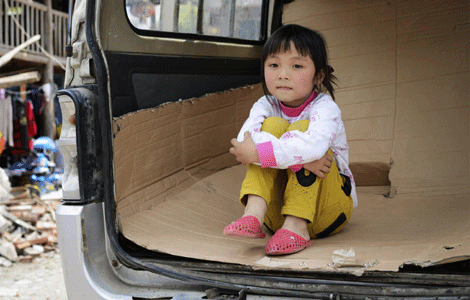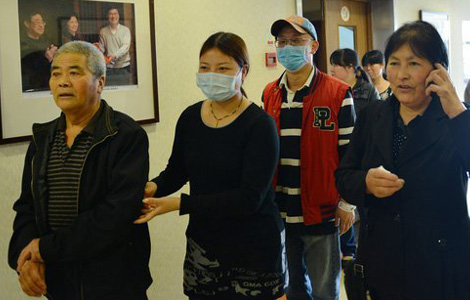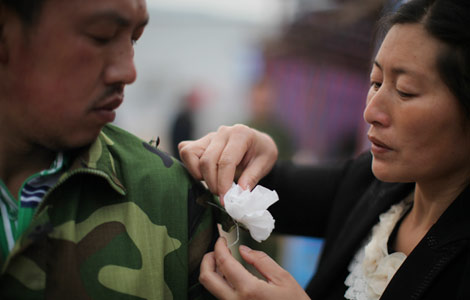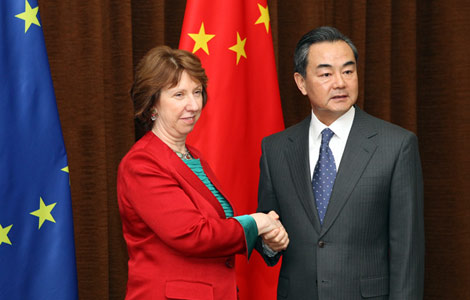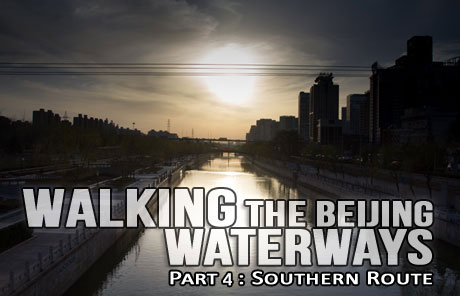Abe defends shrine visits
Updated: 2013-04-29 01:06
(Xinhua)
|
||||||||
BEIJING - Japanese Prime Minister Shinzo Abe's recent remarks defending his cabinet and parliamentarians' visits to the notorious Yasukuni Shrine have aroused strong criticism from the international community.
Abe questioned the definition of "aggression" on Tuesday, which he described as vague both academically and internationally, saying it depends on from which side one looks at the situation.
On the following day, the prime minister told a parliamentary panel that it is only natural to "honor the spirit of the war dead who gave their lives for the country", and that "our ministers will not cave in to any threats."
A group of 168 Japanese lawmakers on Tuesday visited the Yasukuni Shrine in Tokyo, which honors 2.5 million Japanese war dead, including 14 leading war criminals of World War II.
Their move followed donations by Abe and three cabinet ministers' weekend visits to the notorious shrine.
Urging Japan to have a correct understanding of history, South Korean President Park Geun-hye said Wednesday it would be difficult for her country and Japan to move in a future-oriented manner if Japan holds incorrect perceptions of history.
Park added that if Japan continues its rightward tilting, its relations with many Asian countries will bog down, which is not desirable for Japan as well.
In protest against the visits, South Korean Foreign Minister Yun Byung-se has called off a planned visit to Japan, while his ministry summoned Japanese ambassador in Seoul Koro Bessho for representation.
The Democratic People's Republic of Korea's government newspaper Democratic Korea published an article on Sunday saying that the incumbent Japanese government is more conservative than previous ones, adding the Abe administration twisted and denied the history of Japanese aggression.
Facts have proven that militarism in Japan has been on the rise. The Japanese rightists should be aware that they are now on a path of self-destruction, the article said, stressing militarism will lead not to peace and prosperity but to destruction.
Most Viewed
Editor's Picks

|

|

|

|

|

|
Today's Top News
Chinese NGOs reach out to African countries
Abe defends shrine visits
Premier Li: 'High alert' to remain on bird flu
China to enhance ties with Argentina
Technology fair eyes innovation
'Wang-Koo meeting' anniversary marked in Taipei
China joins rush for Mars
A camper's life traveling the open road
US Weekly

|

|



